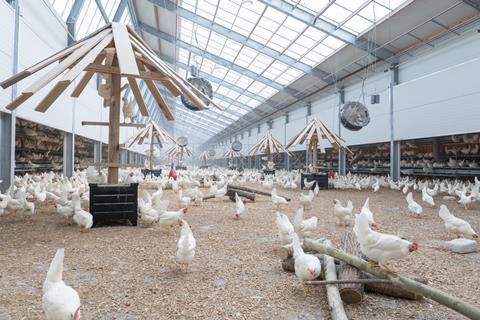
Lidl GB has announced an exclusive UK partnership with egg company Kipster, said to produce “the most animal and environmentally friendly farms in the world”.
Kipster’s farming concept will see British eggs produced by chickens farmed to the highest welfare standards and with a significantly reduced carbon footprint, with the remaining offset through the purchase of carbon credits.
The “farm of the future” will be operated by Shropshire-based Griffiths Family Farms with the aim to have the first eggs on shelf by spring 2025 once planning permission for the farm has been granted.
“At Lidl we want to give our customers the very best products at the best possible prices, which is why we’re so excited to be the first grocer to bring Kipster’s eggs to our stores across Great Britain,” said Peter de Roos, chief commercial officer at Lidl GB. “We would urge Telford & Wrekin Council to approve the plans to ensure that British shoppers have access to this industry-leading egg.”
The concept was first introduced in the Netherlands in 2017 and was developed in partnership with scientists and animal welfare organisations to meet the needs and instincts of chickens.
The farms allow animals to roam freely inside or out, with an access to an indoor playground with daylight and fresh air.
The inclusion of 24/7 webcams meaning the conditions chickens live in are available for all to see to demonstrate the company’s commitment to transparency.
“We are delighted to be working with British farmers who are keen to take the next step towards more animal welfare and environmental sustainability,” said Ruud Zanders, founder of Kipster.
“We are immensely grateful to Lidl for the trust they put in us to get Kipster off the ground in the UK,” Zanders added. “With their support we farmers can close the gap between what we’re doing and what people want and need, which is more ethically and sustainably produced food.”
Kipster also has a commitment to tackling food waste with animals eating a newly developed feed made of by products from crop and food processing.
The resulting feed has a carbon footprint that is around 40% that of conventional chicken feed, with the remaining GHG emissions offset through carbon credits.
It also does not use the standard industry practice of culling newborn roosters given their inability to lay eggs, instead rearing them to eventually be used for meat.







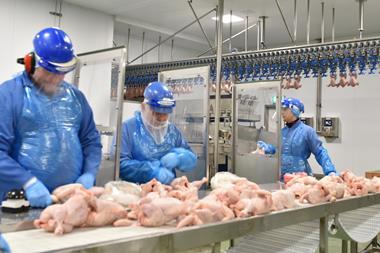
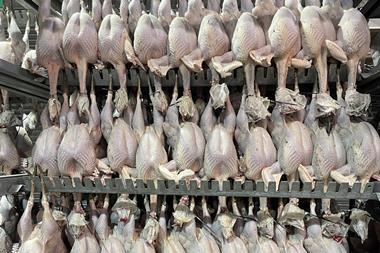
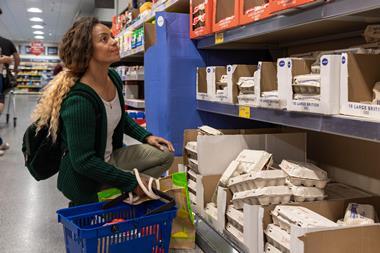






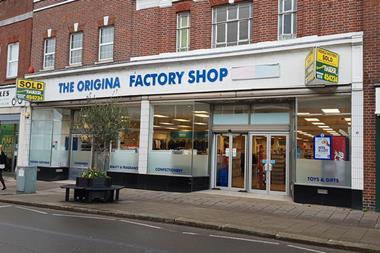
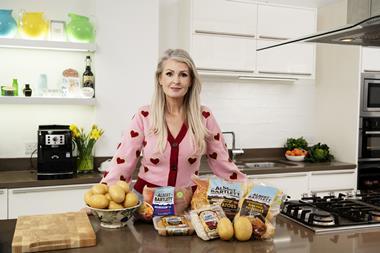
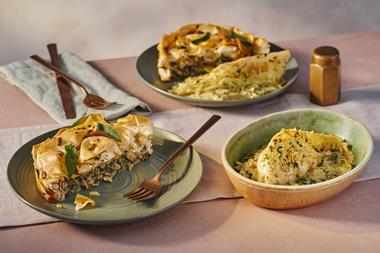
No comments yet